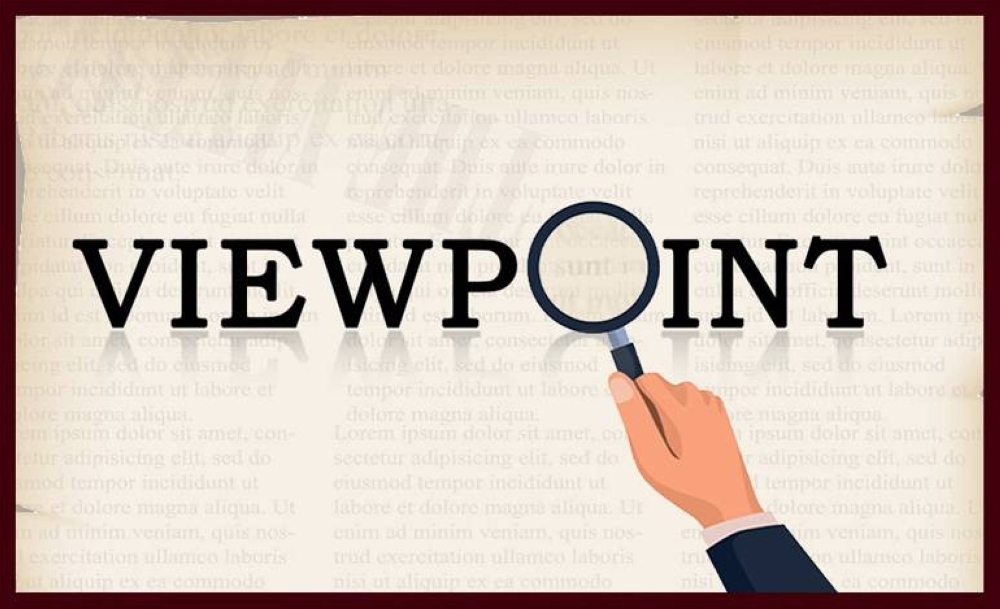It took European Union (EU) leaders eight hours – a relatively short time, by EU standards – to agree to start accession negotiations with Ukraine. While this decision represents a major victory for Ukrainian President Volodymyr Zelensky, it came at a high cost, as Hungarian Prime Minister Viktor Orban blocked the disbursement of €50bn ($55bn) in aid that Ukraine desperately needs to defend itself. As the war approaches its second anniversary, Europe finds itself in a double bind.
The EU’s Ukraine strategy rests on three main pillars. First, European leaders have committed to a definition of victory that implies the restoration of Ukraine’s territorial integrity, and have pledged to support Ukraine until it reclaims all territory occupied by Russia during the war’s early stages.
Second, Europe’s Russia policy has been entirely focused on economic sanctions and international isolation. Western firms have fled Saint Petersburg and Moscow en masse, the G7 has imposed a price cap on Russian oil, and hundreds of Russian diplomats have been expelled from Western capitals.
Lastly, Europe’s reliance on American support has reached levels not seen since the Cold War. Ukraine has managed to retain roughly 82% of its pre-invasion territory, while Russia has suffered significant losses in personnel and resources. Moreover, the transatlantic alliance – deemed all but dead during former US president Donald Trump’s term – is now stronger than it has been at any point since the end of the Cold War.
But all three pillars have started to wobble. While procedural legerdemain thwarted Orban’s attempt to veto Ukraine’s EU accession, the decision is more a symbolic victory for Ukraine than a practical one, given that it does not address the ongoing delay in crucial financial aid. On the battlefields of eastern Ukraine, the war has reached a stalemate that favours Russia as the Ukrainian counteroffensive, burdened from the start by unrealistic expectations, has failed to achieve its stated objectives.
Moreover, the effectiveness of the sanctions imposed on Russia has been called into question after a recent Politico investigation revealed that Western restrictions have been far less devastating than initially anticipated. As Russian President Vladimir Putin tours the Middle East and threatens to open new European fronts, there is an emerging consensus in Washington that the US would need to engage with Moscow after the 2024 presidential election.
America’s waning interest in the Ukraine war poses the biggest threat to Europe’s stability. European leaders’ biggest concern is Trump’s potential return to the White House in 2025, as right-wing think tanks have already begun drawing up plans for a “dormant Nato” and advocating a shift from burden sharing to “burden shifting.”
But the problem goes beyond Trump. Even the Biden administration, which has played an instrumental role in co-ordinating Ukraine’s defence, appears to have changed its tune. In a recent press conference with Zelensky, Biden introduced a new phrase, saying that the US will support Ukraine “for as long as we can,” which replaced “for as long as it takes.” Zelensky, who travelled to Washington to plead with Republican legislators to approve a major aid package and failed to achieve a breakthrough, was visibly disheartened.
Biden’s rhetorical shift highlights the dilemma facing Ukraine’s European allies and underscores the urgent need for Europe to rethink its strategy.
For starters, the definition of a Ukrainian victory should not be limited to the territory regained from Russia. The character and identity of postwar Ukraine, particularly its commitment to democratic principles, are equally important. Should Ukraine emerge from this war as a vibrant democracy and become a member of Nato and the EU, it would be a spectacular victory, regardless of specific territorial gains.
Consequently, Western countries should focus on supporting Ukraine in realising this vision.
Opinion
Europe needs a new Ukraine strategy
As the war approaches its second anniversary, Europe finds itself in a double bind

